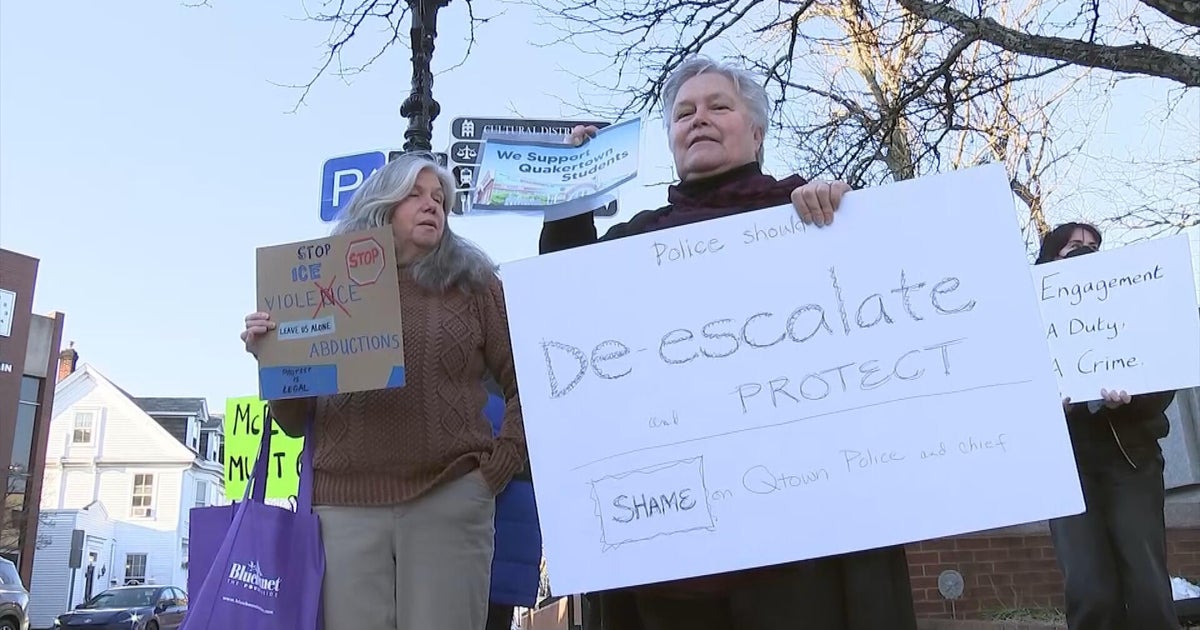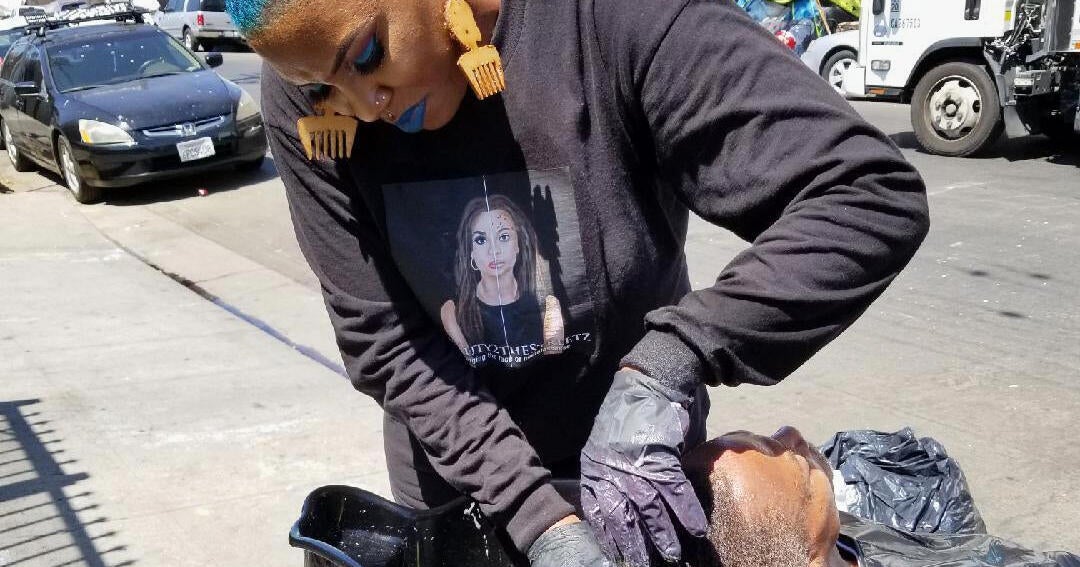Parents Using Hormone Supplement To Get Kids To Sleep
NORTH TEXAS (CBS 11 NEWS) - Amee Calloway is like many moms. With three boys under 11 years old, she has her hands full. Most days, things go smoothly, but nighttime — that's another matter.
Amee's eldest had huge problems getting to sleep. She said they tried everything, "We would try different rituals, you know, the bath-time, reading, and then it was just up until 11 at night."
Calloway's son was too keyed up to go to sleep. In desperation, she talked to her pediatrician and got some unexpected advice. "The pediatrician suggested I give melatonin a try," she recalled Calloway, and admitted, "I thought, 'That's odd.' Is it okay for small children? And he said absolutely."
Calloway is not alone. Although it's hard to put a number on just how many parents are using melatonin to help their kids sleep, the overall use of melatonin has skyrocketed. The amount more than doubled between 2007 and 2012.
When it comes to kids, experts urge caution. Melatonin is a hormone which the body secretes at night. "Some people call it the vampire hormone, " explained psychologist and sleep expert William David Brown, with the Children's Medical Center of Dallas. "We think it's melatonin that tells the body what time of day it is and it also tells the body what season of the year it is, because as days shorten or lengthen you produce more or less melatonin as a result of that."
While Brown says melatonin has generally been proven safe and effective, with few or no side effects, little research has been done on children, so the long-term impacts on them can't be known. He's particularly concerned that since melatonin is a hormone, it might interfere with a teen who's near puberty. Says Brown, "Melatonin may be related to reproductive physiology and while this has never been documented and I'm not trying to raise undue concern, theoretically a child just entering puberty you could delay their puberty by giving them a lot of melatonin."
Experts also worry parents may be giving their kids too much melatonin. It should only be used occasionally and in smaller doses. Typically, melatonin is sold in doses made for adults—three to five milligrams. Doses for children should be one milligram or less. Always check with your pediatrician before giving your child any new medication.
That said, melatonin has seemed to work wonders for Amee Calloway and her family. "We tried it and it worked beautifully for us," she said. "We use it when we need to, not all the time, but -- it works great."
Latest News:
Top Trending:







